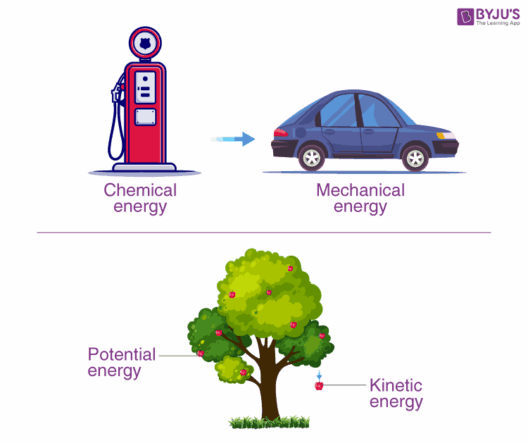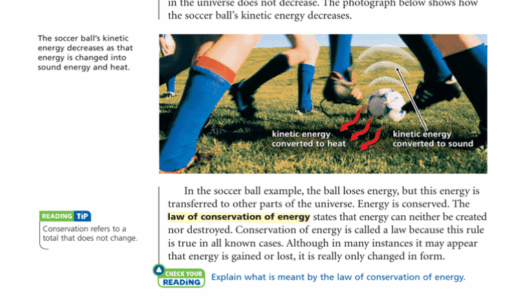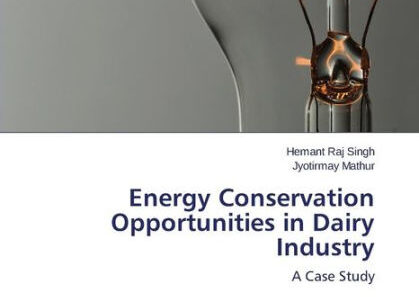In an era where climate change looms large, energy conservation emerges not merely as a noble pursuit but a pragmatic strategy that offers substantial financial benefits. The interplay between preserving environmental integrity and conserving energy translates into monetary savings that can significantly impact both individual households and broader organizations. This exploration into how to save money through energy conservation transcends the simplistic notion of turning off lights; it invites a re-evaluation of habits, investments, and attitudes toward energy consumption and sustainability.
To embark on this journey, one must first appreciate the multifaceted advantages of energy conservation. The most immediate benefit is, of course, a reduction in monthly utility bills. By implementing energy-saving measures, households can witness tangible decreases in expenses. Additionally, when energy consumption diminishes, it lessens the demand for fossil fuels, subsequently limiting greenhouse gas emissions and contributing to a healthier planet. This dual impact not only bolsters personal finances but also aligns with ethical stewardship of the environment.
One effective strategy for conserving energy lies in a rigorous assessment of energy consumption patterns. Conducting an energy audit—a systematic examination of energy use in residential or commercial settings—can unveil inefficiencies. Such audits typically consider various factors, including heating and cooling systems, insulation quality, appliance performance, and even lighting. Identifying areas of excessive consumption is paramount. By understanding where energy leaks occur, both individuals and businesses can strategize accordingly, potentially reallocating resources toward more efficient solutions.
Further, investing in energy-efficient appliances marks a pivotal shift in energy conservation efforts. Numerous modern appliances carry Energy Star ratings, indicating their capability to use less energy while performing the same tasks as their less efficient counterparts. Refrigerators, washing machines, and HVAC systems designed with energy efficiency in mind can yield significant long-term savings. Though the initial investment may seem daunting, the cumulative savings on energy bills often justify the expense. Moreover, many government programs offer rebates or incentives for energy-efficient upgrades, easing the financial strain of such transitions.
Insulation also warrants significant consideration in the dialogue of energy conservation. A well-insulated home not only regulates temperature more effectively but reduces the reliance on heating and cooling systems, leading to further savings. Conducting inspections to identify gaps in insulation or areas susceptible to drafts can result in low-cost fixes that yield high returns. From weather stripping windows to adding insulation to attics, the benefits of these measures extend beyond mere financial savings, promoting overall comfort and reducing the carbon footprint.
Moreover, embracing renewable energy sources can transform energy consumption habits dramatically. Solar panels, for instance, represent a revolutionary step toward self-sufficiency. Although the upfront costs may be substantial, the long-term savings coupled with incentives can make such investments worthwhile. With decreasing prices of solar technology and increasingly favorable financing options, integrating renewable energy into one’s energy portfolio is no longer a pipe dream but an achievable goal for homeowners eager to reduce both financial expenditures and environmental impact.
The behavioral aspect of energy conservation is equally crucial. Cultivating a culture of energy mindfulness within households and workplaces can lead to profound changes in consumption patterns. Simple actions, such as turning off lights when leaving a room, unplugging devices that are not in use, and being conscious of thermostat settings, can lead to substantial savings over time. Engaging family members or colleagues in discussions about energy conservation fosters a shared responsibility, enhancing accountability and encouraging collective efforts to reduce energy consumption.
In addition to household measures, businesses can harness energy conservation as a formidable tool for financial savings. Commercial energy audits can reveal opportunities for greater efficiency, often resulting in lowered operating costs. Technology, such as smart thermostats and automated lighting systems, can optimize energy use, adapting to occupancy patterns and reducing waste. Furthermore, cultivating an employee culture that values energy conservation can enhance operational efficiency while promoting environmental consciousness—a concept that resonates positively with clients and stakeholders alike.
As businesses and individuals embrace a more sustainable energy future, exploring the financing options available for energy-efficient upgrades or renewable energy projects can be invaluable. Various loan and grant programs are aimed at assisting those willing to invest in energy conservation. Understanding the financing landscape allows for strategic planning and investment that aligns with both personal and financial goals.
In conclusion, saving money through energy conservation is not merely a matter of reducing utility bills; it is an invitation to reshape one’s relationship with energy. By performing energy audits, investing in efficient appliances, enhancing insulation, and embracing renewable resources, one transitions from passive consumption to active stewardship. As behaviors evolve and organizational cultures embrace sustainability, the cumulative effect manifests in significant financial savings and a healthier planet. The journey to financial and environmental sustainability is not an option but an imperative; it beckons individuals and organizations alike to grasp the opportunity for change, resulting in a win-win scenario for both the pocketbook and the Earth.








